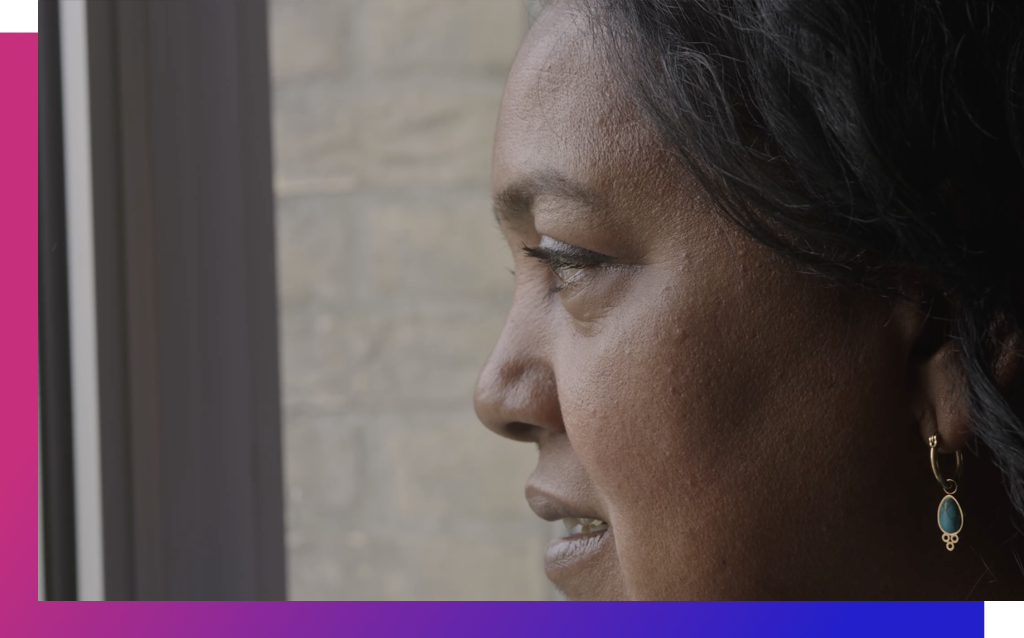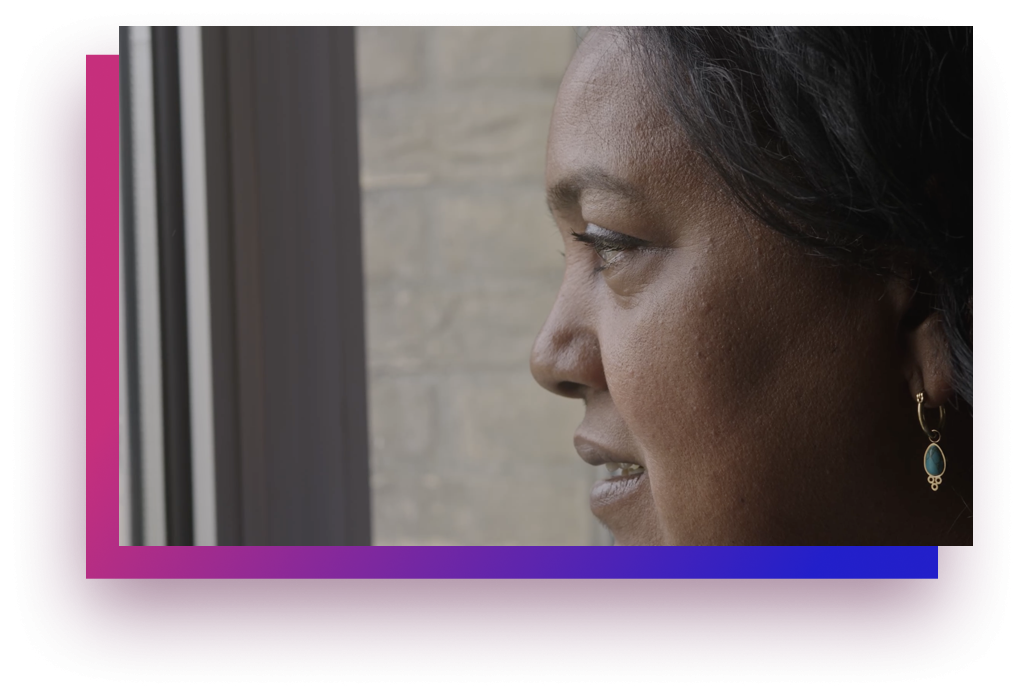1. Recognise the signs
Read 10 signs below.
These signs could mean that your child might be involved in drug crime or other crime.
Do you recognise several signs? Then read what you can do.
Young people love to be on their mobile phones. There is nothing crazy about that, but the following things are crazy:
- Your child is secretive about who he or she keeps in touch with.
- Your child goes out immediately after a message or phone call.
- Your child uses 2 or more phones.
If your child suddenly has expensive new items, it's a good idea to check how your child got them. For example, expensive clothes, a scooter, smartphone, an expensive watch, expensive jewellery or lots of cash. For example, several 50-euro notes or higher amounts.
If you find drugs in your child's bedroom, your child might be using drugs himself. It could also be that your child is cooperating in drug crime: buying and selling drugs. These are indications of aiding and abetting drug crime:
- You find a lot of drugs.
- You find a scale. This is for dividing the drugs into portions.
- You will find plastic bags or small envelopes to put the drugs in.
- You find 1 or more weapons.
Note: Throw drugs you find not right away.
Especially not if it involves a lot of pills or powder.
These drugs are worth a lot of money.
If the drugs are suddenly gone, your child could face a huge debt. This is called a street debt.
As a result, your child may face threats or violence.
Your child suddenly interacts less with friends and girlfriends or suddenly starts hanging out with new friends who often come for short visits.
These could include older people.
It may be that your son or daughter changes negatively because of these new friends.
Try to find out how your child met the new friends and how they became friends.
Having your child go against you as a parent is part of the game. Youngsters develop their own opinions this way and it helps them become independent.
Be careful if your child suddenly starts doing this more often. Look carefully at what is causing this, especially if your child no longer wants contact with family and friends or if your child is going to school less and less.
Your child is going to school less and less and getting worse grades. Perhaps someone from school reports concerns about your child.
Notice if your child gets different behaviour.
Young people who get involved in drug crime get a lot of stress. They have to do things that are not allowed.
Or are pressurised by other people.
Stress causes your child to become angry or aggressive quickly.
But stress can also make your child anxious, suspicious or depressed. Or you may notice your child lying.
It is strange when your child comes home late or, on the contrary, leaves home late.
Especially if your child won't tell you about it and makes up excuses.
And the same goes for when your child goes to places far from home.
Your child has an addiction, such as to drugs, alcohol or gambling.
This addiction can be a reason to participate in drug crime. This can be done in two ways:
- By selling drugs, your child earns enough money to pay for their own addiction.
- In exchange for their own drugs, your child has to do certain things. For example, keep drugs for others, deliver packages, sell drugs, or be on the lookout.
There is a lot of violence in drug crime. There are often quarrels over drugs, customers and money.
Pay attention if your child has wounds and bruises and it is unclear how this came about.
2. HAVE A CONVERSATION WITH YOUR CHILD
As difficult as it is, it is important that you engage in conversation with your child. And stay in conversation.
Try to find out how and why your child started using or dealing drugs. For example, for money, to fit in, peer pressure, coercion.
Here are some tips for conversations about difficult topics.
Talking won't solve the problems right away.
But it keeps you engaged.
In the conversation, you can make agreements together and think about solutions. For example, also about seeking help.
Make sure you are calm when you start this conversation.
These are questions in which you not show what you think of something.
This is a neutral question: Where were you last night? Or: What was last night like?
This is no neutral question: Did you hang around the streets again last night?
Let your child tell their story and let your child speak out in the process.
If your child feels and perceives that you disapprove of him or her, your child will tell you less.
By not doing this, you show that your child can come to you.
Show that you really want to know what your child is going through and how your child feels about it.
You can tell that you are angry or sad, but prefer not to show it. You can also state your boundaries: what is behaviour for you that really cannot be allowed in your home.
3. Seek help
Many people hesitate about seeking help.
You want your child to get help and stop doing drugs and drug dealing, before it might be too late. And you don't want your child to get into more trouble because of the help.
Here are tips on the help you can seek.
Tell your concerns to someone you trust: a family member, a friend, someone in the neighbourhood.
You could also think about the GP, a mentor from school or other counsellor you already know.
That way you get support and don't have to think of everything on your own.
Youth workers work in many municipalities.
They can think with you. And they may know the people your child hangs out with.
They can also help think about daytime activities such as a side job or sports activity.
Find on the internet which organisation does youth work in your municipality.
Keerpunt is a nationwide anonymous chat for young people who are under pressure or have become involved in crime.
Here, your child can anonymously share their story with a counsellor. You too can come here with concerns about your child.
Your child's name will remain secret from the counsellor.
The counsellor listens to your child, provides information and helps your child if he/she wants to.
There are organisations where experience parents support other parents.
- The Mother is the Key Foundation
This foundation supports mothers of children affected by police and justice. Or of children at risk of that. - Courageous Mothers Foundation
Does drug addiction play a role with your child? This foundation supports parents of children addicted to drugs.
Are you worried about your child's situation or safety?
Then contact the neighbourhood police officer.
You can find your neighbourhood officer on the police website. Enter your postcode or city name.
Stories
"My son was in crime and together we got out too"
See mother Diana's story

